Treatment For COVID-19: What Is Convalescent Plasma Therapy?
In the absence of drugs to cure Coronavirus infection or vaccines to prevent COVID-19, currently, plasma therapy is being seen as a potential treatment for critically ill-patients. It has also got a stamp of approval from the Food and Drug Administration (FDA) of United States. In India, states like Delhi, Maharashtra, Punjab, among others have already started using convalescent plasma therapy (CPT) as a treatment for serious COVID-19 patients. So what is convalescent plasma therapy and what are the dos and don'ts?
-
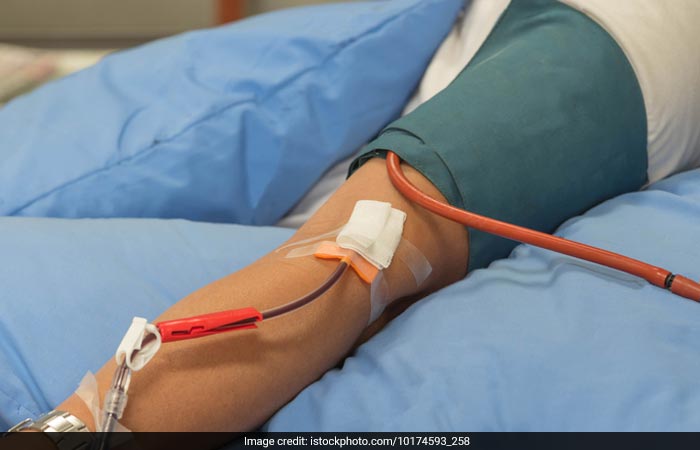 What Is Plasma Therapy?
What Is Plasma Therapy?Plasma Therapy involves transfusion of antibodies from someone who has recovered from COVID-19 (convalescent coronavirus patient) into a critical patient. The therapy is based on the principle that the blood of a recovered patient is rich in antibodies needed to combat COVID-19. Antibodies are Y shaped proteins produced by a human body and used by the immune system to identify and neutralise foreign objects such as bacteria and viruses. These antibodies are expected to help critical patients recover.
-
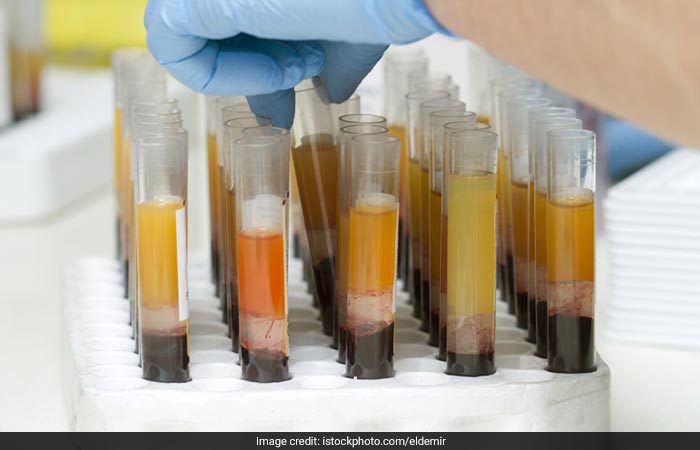 How Does Plasma Therapy Work?
How Does Plasma Therapy Work?Blood plasma, a yellowish liquid is a component of blood and consists of protein, minerals and antibodies. If someone has recovered from COVID-19 there are chances that the person's body has developed antibodies that helped him/her to fight the virus. The same antibodies, if infused into a critical patient may provide passive immunity and help in the recovery process.
-
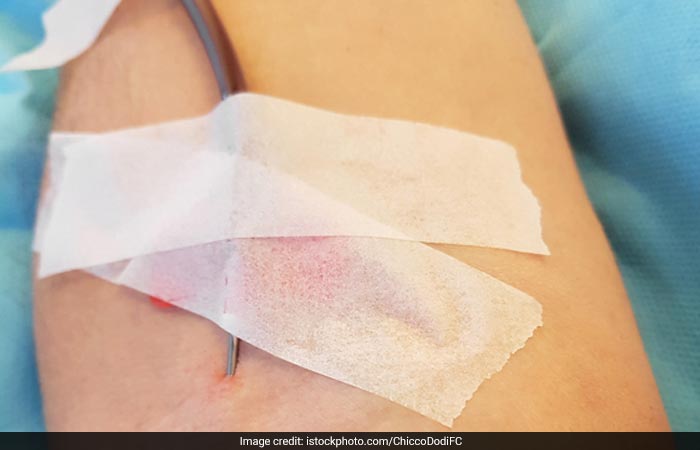 What Is The Procedure Of Convalescent Plasma Therapy?
What Is The Procedure Of Convalescent Plasma Therapy?First blood is drawn from the potential donor to check for the presence of antibodies. Once it is clear that an individual can donate plasma, the blood is extracted and plasma is separated from the blood. The point to be noted is, only plasma is taken from the blood and at the end, blood is transfused back into the body of the donor.
-
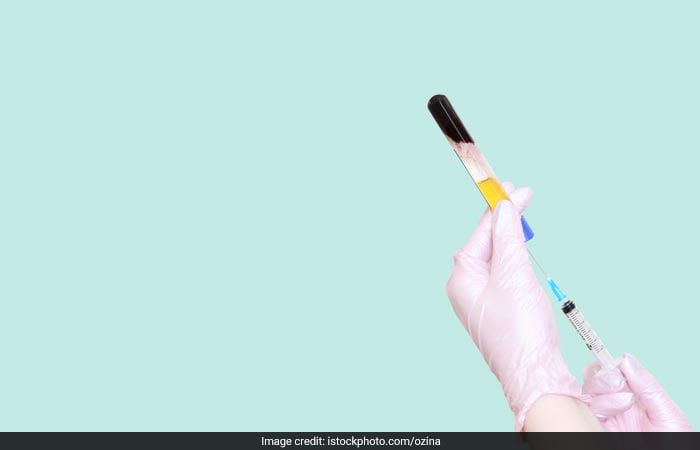 Who Can Donate Plasma?
Who Can Donate Plasma?Patients who have gone through the cycle of Coronavirus and have recovered from COVID-19 can donate plasma. 500 ml of plasma can be donated after 14 days of recovering from the disease. According to the information available on Delhi's plasma bank website, there are seven categories of people who cannot donate plasma. This includes diabetics on insulin, pregnant women, people having body weight less than 50 kg, cancer survivor, among others.
-
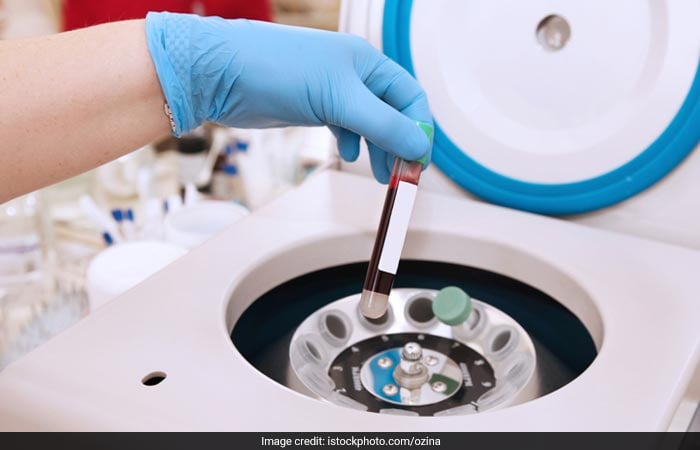 At What Stage Of COVID-19 Is Plasma Therapy Recommended?
At What Stage Of COVID-19 Is Plasma Therapy Recommended?According to Dr Sandeep Budhiraja, Group Medical Director, Max Healthcare who did the first plasma therapy in India for a COVID patient back in April, the best stage to give plasma is ‘moderate severity' - when the patient's requirement of oxygen increases. He says, 'The convalescent plasma therapy is not much effective when a patient is on a ventilator.'
Dr Suresh Kumar, Medical Director at LNJP (Lok Nayak) Hospital in Delhi says that plasma therapy benefits people more who:
- are under 65 years of age
- have only SARI (severe acute respiratory infections)
- have acute respiratory failure because of COVID
- have oxygen saturation is less than 90
-
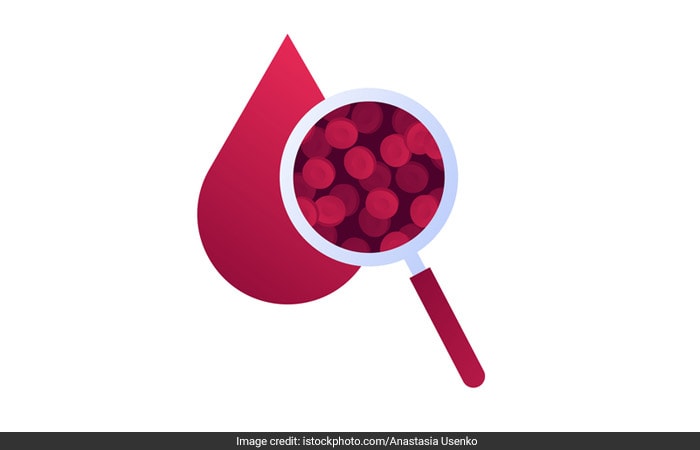 Are There Any Risks Involved In Plasma Therapy?
Are There Any Risks Involved In Plasma Therapy?Blood transfusion related infections can be transmitted, therefore, before plasma transfusion, test for HIV and other diseases, which are usually done for all transfusions are conducted.
